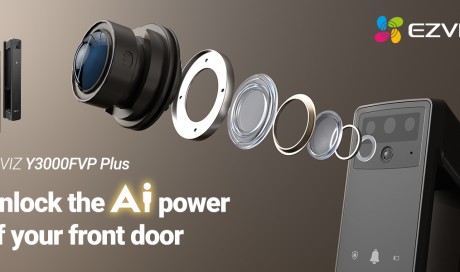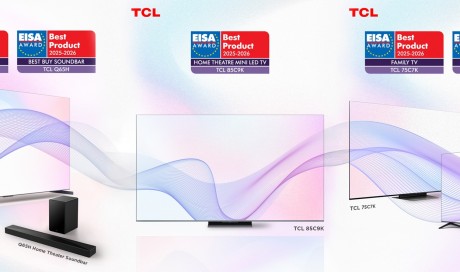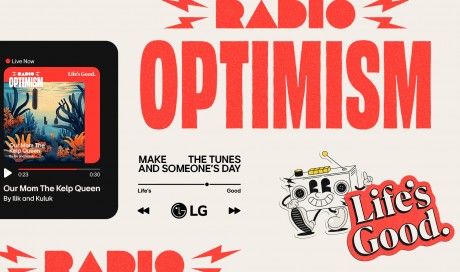Mobiles and laptops have direct proportional relation of frustration with time. A newer device works pretty well until it gets loaded with twenties of other programs and services. With the passage of time, the PC tends to get slower as a result of excessive use and unwanted software and extensions. The major reason behind this frustrating phenomena is the additional load that PC develops over time. This load will then heat up the computer and the rest of thing is a common story.
So how to deal with it? Buy a new PC? Obviously no. Instead, how about going through some maintenance process? Basically we have to make few tweaks in the computer system to get rid of loads that have made the system slow and dull. Here are some tricks that can help you make your PC run at rabbit's speed. I recommend you to have Windows 10 as operating system to make the things work effectively.
Disable Startup Programs:
We install many type of programs and apps into the system. But some of them automatically start running when Windows is started. This is one of the major reason why PCs get slower even before time. It's just like putting the burden of work on someone who has just left the bed. Obviously not a good sign.
Some of notorious programs such as OneDrive, OneNote and IDM etc. take most of the system memory at start which make it sluggish. And the fun fact is that most of us do not use these services regularly. So it's better to disable them to get relief at start at least. In order to disable them, go to task manager and head to start up. Disable the service which you think are eating up your memory. From the next startup, you will observe clear difference in speed.
Kill 3rd Party Antiviruses:
Windows being a major OS, has always been target of malware and bloatware. But unfortunately, Windows Defender didn't have a good reputation in virus removal in the past. Seeing this opportunity, many anti-malware companies such as Avast, AVG, McAfee made their ways to Windows. I have always admired their role in providing safety across the computer and the web until Microsoft introduced completely revamped Windows Defender for Windows 10.
Windows Defender takes the security and privacy very seriously. In latest Creators Update, defender deals with five types of subject. We have protection against virus, enhanced firewall settings, safe family settings, browser control and finally improved device health section.
Keeping it simple, at this point Windows defender can play its role very actively. So we really don't need third party software to deal with security problems. Moreover, defender being a native app keeps the system very light and stable. Whereas, other anti-malware services eat up the memory and CPU like hell.
Upgrade your hardware:
I have asserted that buying a whole new system isn't a wise option but that doesn't necessarily mean you can't upgrade your hardware. Let's take example of gaming PC here. Due to excessive graphics operation, graphics card may easily get heated which means slow PC again. In this regard, removing unwanted software or disabling apps won't make things right.
Therefore, it's is good to get a CPU cooler to cool down the system and reduce the load. Less load will automatically reduce the stress level and the memory. Same is true for using SSD drive. In short, adding necessary components to computer system elongates the life of computer and keeps the system stable.
Use Windows Store Apps:
It might sound wired but it is a clear fact that programs make heavy impact on system as compared to apps. For example, if you share files across two laptops using Zapya software, you can see a visible increase in memory status. In comparison to it, if you use Zapya app downloaded from Windows store, there's no as such impact.
The major problem here is the app gap, the very same issue that doomed the Windows Phone. But lately, some big names have come to store. Among them Spotify, Paint.NET, iTunes, VLC and Dropbox are the major apps that have made their way to store. Windows system treats the apps just like native inbuilt software. So I really recommend using Windows Store apps.
Remove Junk and Temporary Files:
Temporary files are files that are stored in computer to recover the lost data. You can find it in your C drive hidden in folder named Temp in Windows. It sounds good to recover lost data but we don't need it every time we turn off the PC. Same is the case with junk files that claim space in your PC. So whenever you start your computer, the system will read these files as well and that means backlash in performance.
So if they are not there for good cause, why not delete them for good? In order to delete them, open properties of C drive and click on disk cleanup. Keep on checking the list you want to get rid of and delete them at the end. Deleting them will provide relief to your system as long as they do not get back to their positions.
Delete Unnecessary Software:
You see Windows is a platform and software are its soul. Take example of Adobe Photoshop here. Photoshop is an excellent image editing software that comes with variety of options for creators. From finishing to creating a calligraphic art, Photoshop has been one of the first preference of digital designers.
But what about newbies? Do they require the same heavy software for simple editing? Of course not. They can make most of their edit using MS Paint too? Coming to the point, I am trying to say that despite being a very universal software, Photoshop isn't the cup of tea of average Joe. It is just there for claiming memory and space. In my opinion, it would be better to uninstall it and use this space for good cause. Unnecessary software put additional burden on PC and affect the overall performance.
Adjust Savings:
This is something most of us don't really understand. It is a good thing that you can compress the files to save space on PC. But this compression will be just as bad as any other factor slowing your computer. Whenever, you run your machine, the system will have to decompress the files in order to read them. So now you understand how does it increases the work burden.
Similar case exists for power saving too. Turning on power saving mode will automatically impact the performance by limiting it to certain level. Limitation aren't good for performance and health of your system either. Of course you want to save your laptop battery but at the end of day, you are just over consuming your PC power.
Keep your PC Up-to-Date:
Windows 10 is the latest iteration from Microsoft and it comes with fluidity and stability of system. The upcoming update, Fall Creators Update brings even more. I am trying to explain the significance of up-to-date PC. Take another example of Google Chrome here. Each new update brings a lot of fixes and under the hood improvements. Furthermore, errors in previous versions are also removed.
All major companies bring improvements into their programs along with time. Out of date programs force computer system to bring more effort to cope with it. That is why it is recommended to update the apps and operating system so that hardware gets in harmony with software.
These are some of the tricks that proved valuable in enhancing the capabilities of old PC. Well they can't guarantee the superior performance as newer ones but still it can improve the disgusting condition by great miles.
Share This Post















